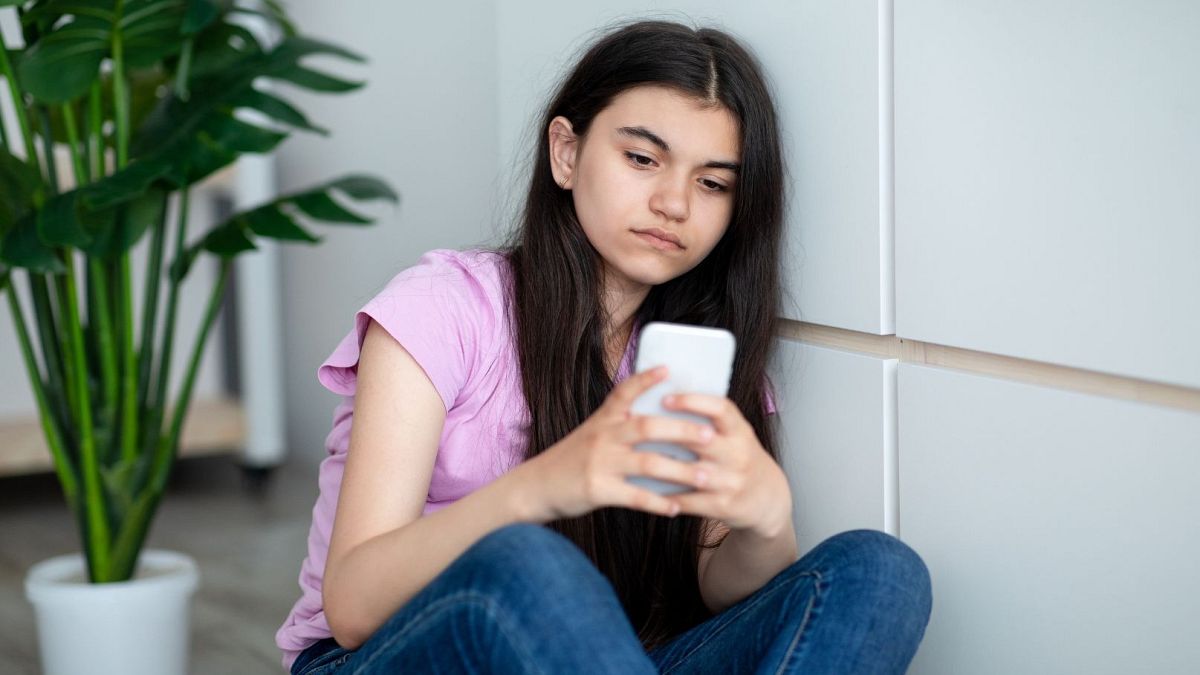

Recent developments across various parts of the world shed light on a myriad of complex issues, illustrating both the challenges and ongoing efforts towards addressing them with fairness and justice. From digital safety to human rights, these stories invite reflection on the importance of global cooperation and development.
In Spain, a revealing study by Save the Children has brought attention to the issue of digital sexual abuse among young individuals. The report highlights a concerning statistic, indicating that one in five young people in the country have experienced the creation of nude artificial intelligence (AI) deepfakes. This alarming trend underscores the increasing need for advancements in digital safety measures and awareness to protect youth from such violations. The study calls for comprehensive approaches that include policy changes and educational programs to curb these digital threats.
Meanwhile, in the world of athletics, South African runner Caster Semenya has been at the center of a significant legal victory. The European Court of Human Rights (ECHR) ruled that Semenya had not been given a fair trial when contesting regulations that required her to lower her natural testosterone levels to compete in women’s sports. This decision emphasizes the importance of fair treatment of athletes and the broader conversation about human rights within sports. Semenya’s call for athletes’ rights to be prioritized reflects a universal demand for dignity and equality in competitive environments.
Beyond the realm of sports and digital safety, there is an increasing concern surrounding high-risk HIV groups facing criminalization globally. A report by UNAids warns of the uptick in punitive laws targeting LGBTQ+ individuals and those involved in high-risk activities. The organization highlights the potential reversal of progress in combating the AIDS epidemic due to these restrictions and the withdrawal of US funding. This situation draws attention to the need for supportive policies and international solidarity in combating public health challenges.
In Asia, significant legal claims have been made against state leaders accused of severe human rights violations. In North Korea, defector Choi Min-kyung has filed a lawsuit against Kim Jong-un, alleging torture and sexual violence within the country’s detention facilities. Choi’s case, seeking justice for such grave offenses, is part of a broader appeal for accountability within the North Korean regime. Similarly, in Bangladesh, former leader Sheikh Hasina has been charged with crimes against humanity, following a crackdown on anti-government protests that resulted in over 1,400 deaths. These allegations reveal critical truths about governance and the perennial struggle for justice in countries with contentious political climates.
Finally, a comprehensive study from Heriot-Watt University in England highlights social disparities, particularly in relation to homelessness and racism. The research finds that Black people in England are nearly four times as likely to experience homelessness compared to their white counterparts, and are less likely to receive social housing. The study illuminates decades-old systemic issues marked by racial inequality, emphasizing the necessity for transformative social policies to create equal opportunities and access to housing for all.
These reports and cases are a poignant reminder of the interconnected nature of global challenges and the sustained commitment needed to address them. Through enhanced awareness, supportive legislation, and collaborative efforts, there is potential for meaningful progress. As societies navigate these complex issues, the principles of justice, equality, and human rights remain central to creating a more fair and harmonious world.
Source: {link}
